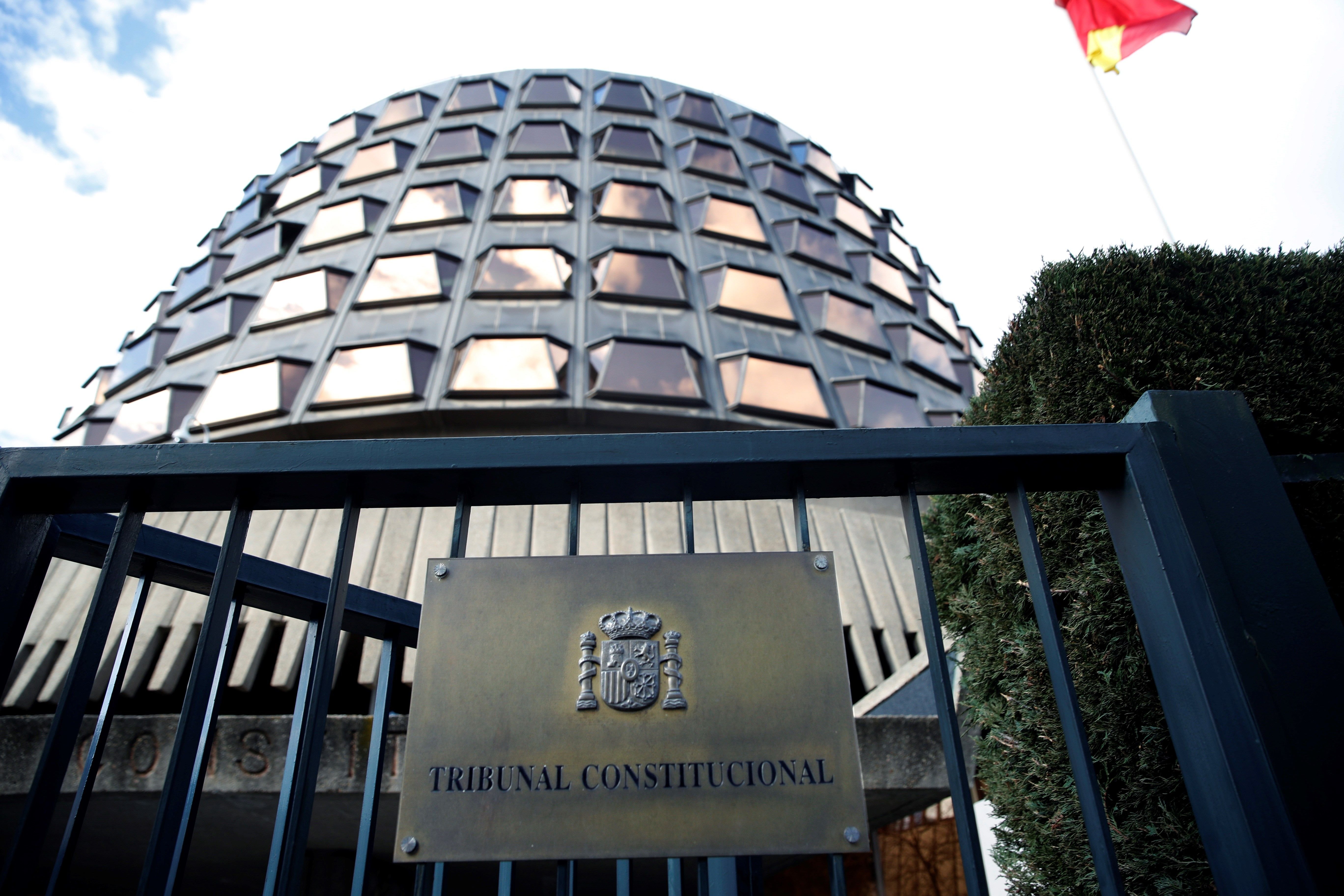The two Spanish Constitutional Court judges who criticized the Supreme Court's sentence in the pro-independence leaders' trial in relation to the appeal of Jordi Turull have returned. They have reiterated their criticism of the disproportionate nature of the sentence in their dissenting vote on the resolution of the next appeal to be considered by the Constitutional Court, that of Josep Rull, which the court has also overturned by a majority vote.
Juan Antonio Xiol and Maria Luisa Balaguer see the sentence as "disproportionate" and believe that the treatment of the sedition offence is "vague". In the text they argue that Rull's appeal should have been upheld due to violations of the rights to penal legality, personal freedom, ideological freedom and freedom of assembly - the same as in the case of Turull.
They again disagree with the rest of the court, which dismisses the appeal and views the sentence as having no “discouraging effect” on the exercising of fundamental rights. The ruling drafted by reporting judge Ricardo Enríquez's upheld Rull's sentence for sedition of 10 years and six months in prison and disqualification from public office for the same period.
"As a promoter of the sedition, together with other defendants, he summoned the citizens to go massively to the polls on the day set down for the referendum," says the court's majority opinion. This, it says, had the aim of "activating the automatic clause established in the law of legal transition and founding law of the Catalan republic", which "determined the sedition".
The Constitutional Court also believes that the Supreme Court's conviction for sedition "did not depart from the Penal Code legal criteria that govern the judicial individualization of the sentence when there are no mitigating or aggravating factors." The sentence denies that there is any vagueness in the offence and dismisses the claims of violations of rights.
Dissenting vote
By contrast, the minority vote sees that the doubts are "substantiated" with regard to "the construction of responsibility for authorship" in the sentence. The two judges believe that Rull's authorship in the sedition is based on "normative considerations unrelated to his direct and specific participation in the facts that were declared seditious", and instead were "generic" in nature due to the fact that he was a member of the Catalan government."
The dissenting report also finds "acceptable" the "doubts on whether the acts of September 20th and October 1st, 2017 represent typical acts of public and tumultuous uprising developed from forceful conduct or de facto conduct". The opinion argues that the interpretation of these elements is "lax".
On the one hand, the dissenting opinion states that the events of 20th September 2017 took place in the course of a rally, and thus were protected by the right of assembly "without prejudice to the excesses in which some protesters may have incurred in the exercise of this right". On the 1st October referendum day, they believe the incidents that occurred were of an "isolated nature" and "it is not easy to attribute tumultuous elements to this citizen mobilization that took place that day in order to exercise an alleged right to vote ."
"The gravity of the events which are on trial is not in question at any time," they say, but judges Xiol and Balaguer express doubts whether they posed a real risk to the democratic system and point out that they could be classed as offences of public disorder or disobedience.

